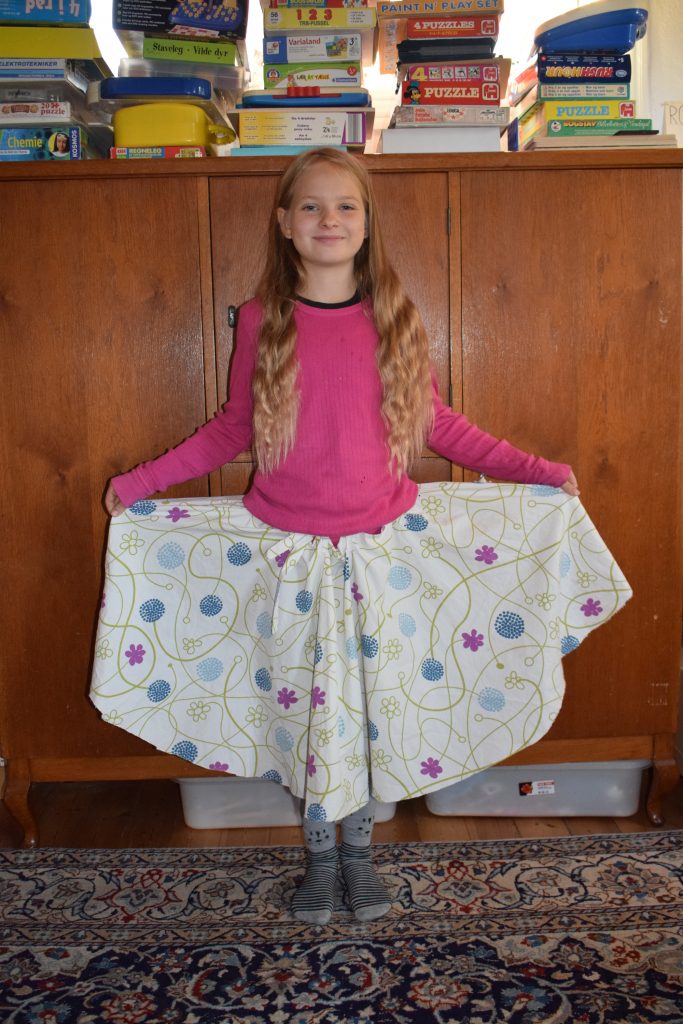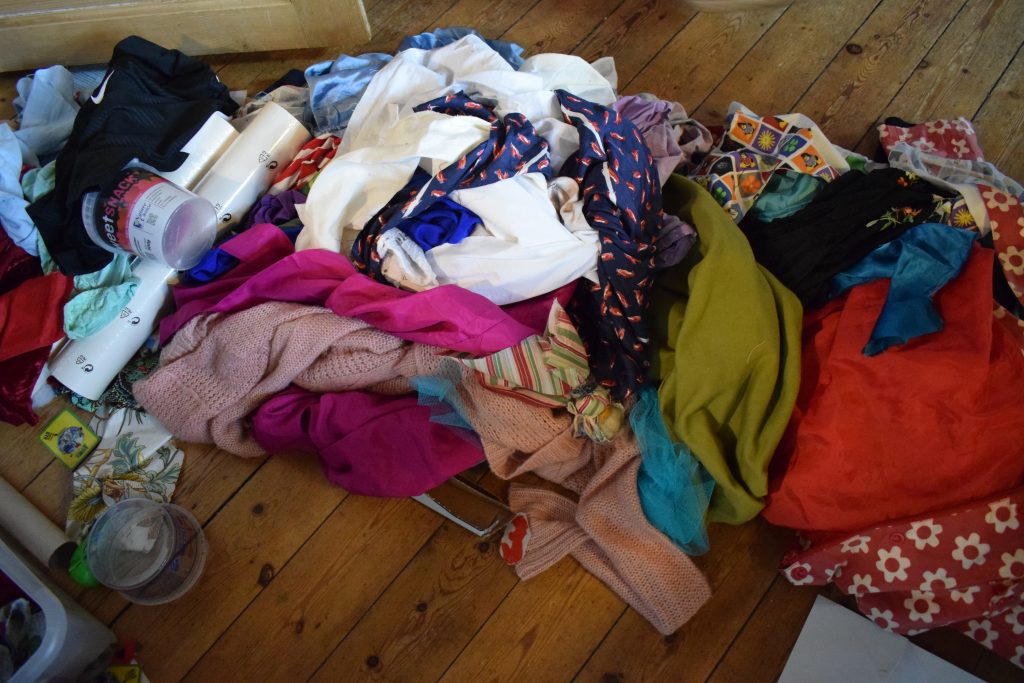I hate when something is given a new name and then suddenly it is the new thing to do.
We all know it is bad to buy too many thing and to throw too many things out, before they have ended their life cycle.
I have been brought up to buy second hand clothing, buy all our things at flea markets. It was not because we were poor, it was a way of getting more value for our money and a way to keep a good healthy economy in our house.
It was also a respect for the environment. If we try to consume as little as possible and to look after the things we own, so that they last as long as possible, we keep our nature free of man made objects.
Then we respect mother nature, and try not to let our greed overtake our love for the free things, like a beautiful walk in the nature, forests, sundown and sunrise, clean water, the sea and other magical experiences.
We have to think, that every time we purchase an object, it will at some time in its life cycle, end up in the nature. Even if we burn it, it will produce pollution. So if we live simple, and try to keep “things” to a minimum, we will respect nature and treasure our earth.
So how do you teach this in our home school? Well, it is a matter of life style and attitude. Every time a child asks to get more stuff, ask them if they really need it? Let them think. Don’t accuse them of being bad for wanting more stuff, but try to explain how the mass production world works. How advertising works, how shops work.
We always say:”We don’t wan’t our children to become consumers but individuals”.
We work hard at that. Every time you try to convince yourself you need something, try to ask yourself, why do I wan’t that?
With this zero waste trend I find people asking:”What do I need to buy to be zero waste? It is crazy. It’s in the word – zero waste! Don’t buy anything. Use what you have already. Some people also say:”I threw out all my stuff”. That is not zero waste. That is also mad. Great, so you have just polluted us all with your old stuff.
People have moved so far away from living with nature and feeling it’s magic. Some people even say:”We can’t afford living zero waste or environmentally friendly”. Well, how expensive is not buying anything and living simple?
So we try to teach the kids, than things can be repaired and to look after their things. If you don’t need a thing anymore, you can either sell it, give it to someone who needs it or bring it to the relevant way of discarding it for recycling.
We have a huge pile of things we no longer need or maybe could get use of for some creative project in our living room. That is to the childrens free disposal. They can do with it how ever they wan’t to use it.
One day one of my daughters asked me if I could just remind her how you calculate a circle with pi. So I told her and went on a trip with her sister. When I came home, she had made this skirt on her own! I was really impressed. It is made out of an old bedding we had been given by someone sometime.

It is all about seeing the opportunities.

Positive creative mess in our livingroom. One day the children said:”Mum, we are playing, that we live in a landfill, it’s so great!” The freedom of not being told materials costs money, is such a creative freedom to cut, stick, sew and build from all this still not dead junk.
